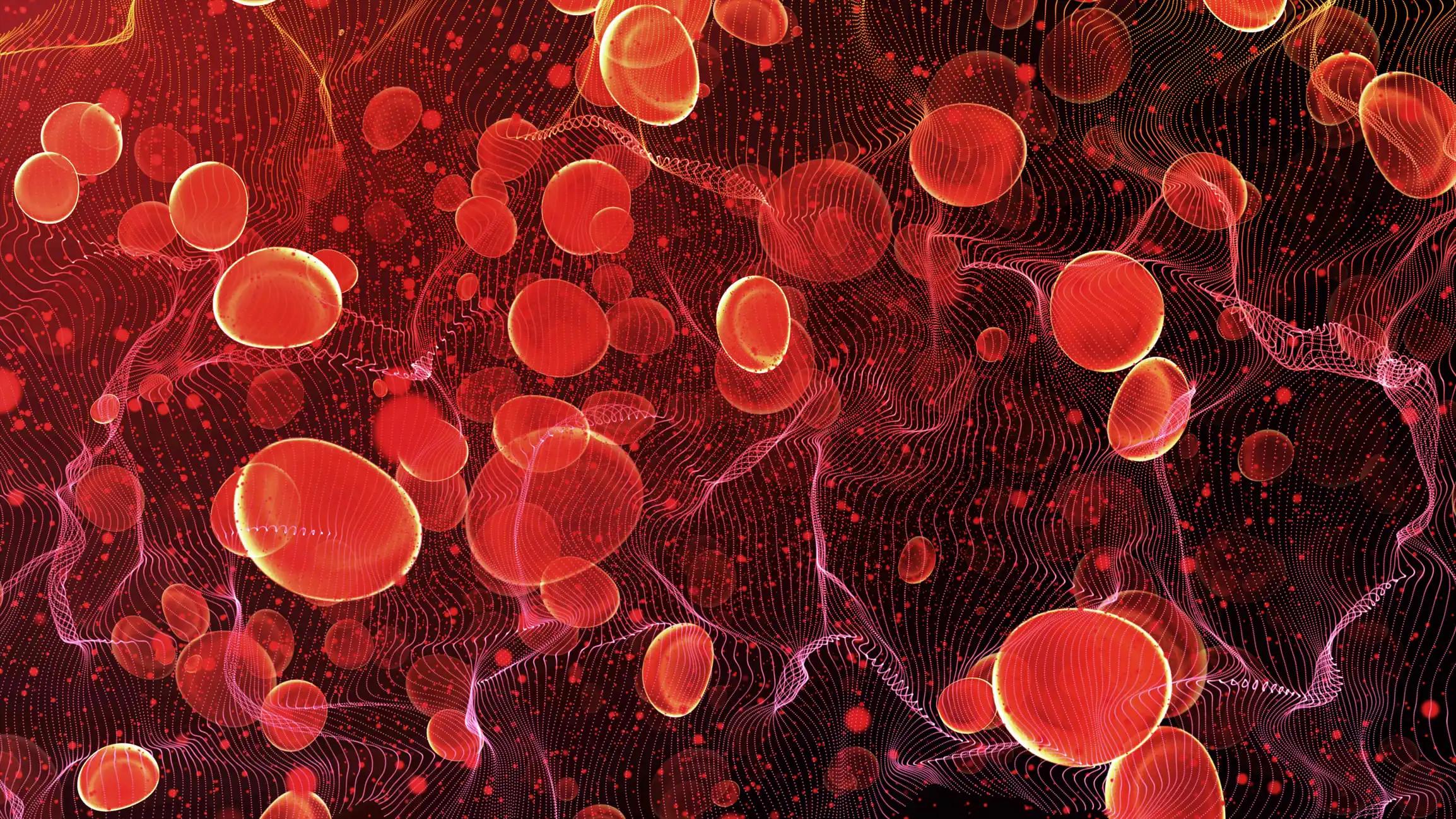KEY TAKEAWAYS
- The phase 1 CHRYSALIS-2 study evaluated the LACP (lazertinib, amivantamab, carboplatin, pemetrexed) regimen in EGFR-mutated Advanced NSCLC.
- The LACP regimen exhibited meaningful and durable response rates in patients with EGFR-mutated advanced NSCLC who experienced disease progression on EGFR TKIs.
TThe CHRYSALIS-2 trial’s LACP arm enrolled patients (pts) with advanced non-small cell lung cancer (NSCLC) that worsened after epidermal growth factor receptor (EGFR) tyrosine kinase inhibitor (TKI) treatment, with up to three prior treatment lines. These pts were administered intravenous amivantamab at doses of 1400 mg or 1750 mg for those weighing ≥80 kg on a weekly basis for the first four weeks. From the third cycle onward, the dosage was 1750 mg or 2100 mg for those weighing ≥80 kg, administered every three weeks. Additionally, pts received 240 mg of oral lazertinib daily, along with pemetrexed (500 mg/m2) and carboplatin (AUC5 during the first four cycles) on a cycle lasting 21 days.
Among the 20 participants, the median age was 61 years, with an age range of 38-76 years. The cohort included 55% female, 55% Asian, and 40% White, with a median of two prior lines of therapy; 70% had received osimertinib and 45% had taken 1st or 2nd generation EGFR TKIs previously. The study showed an objective response rate of 50%, and as of November 15, 2022, the median duration of response could not be assessed; the median follow-up time stood at 13.1 months (range, 2.4-17.5 months).
Among the responders, eight out of ten had a response that lasted for 6 months or more. Treatment is still ongoing for 11 patients (55%); the median progression-free survival was 14 months. Five participants continued treatment even after disease progression, for an added median duration of 4.2 months. Among the 12 with a history of brain metastases, median PFS was 6.7 months. The most commonly occurring treatment-emergent adverse events (TEAEs) were rash (100%), neutropenia (90%), and infusion-related reactions (65%). The most frequent grade ≥3 TEAEs were neutropenia (70%), thrombocytopenia (25%), and fatigue (25%).
Nearly all severe neutropenia cases were resolved by the first day of the next cycle. During the first four cycles, 75% experienced cytopenia, compared to 12% from the fifth cycle onward. Five out of seven patients given colony-stimulating factors had no subsequent neutropenia episodes. Treatment adjustments due to adverse events were necessary in 18 (90%), 14 (70%), and 8 (40%) patients for dose interruptions, reductions, and discontinuations, respectively; no participant discontinued all treatments due to adverse events.
The LACP regimen yielded meaningful and durable response rates in patients with advanced NSCLC who had failed EGFR TKIs. Reduced cytopenia rates after completing carboplatin suggested that the combined cytotoxicity of this regimen warrants further study.
Source: https://cattendee.abstractsonline.com/meeting/10925/presentation/1007
Clinical Trial: https://classic.clinicaltrials.gov/ct2/show/NCT04077463
Lee, S-H., Cho, B.C., Spira, A.I., Ou, S-H.I., Waqar, S.N., Shah, S., Trani, L., Chu, P-L., Thayu, M., Knoblauch, R.E., Bauml, J.M., Marmarelis, M.E. Amivantamab, Lazertinib Plus Platinum-based Chemotherapy in EGFR-mutated Advanced NSCLC: Updated Results from CHRYSALIS-2.



